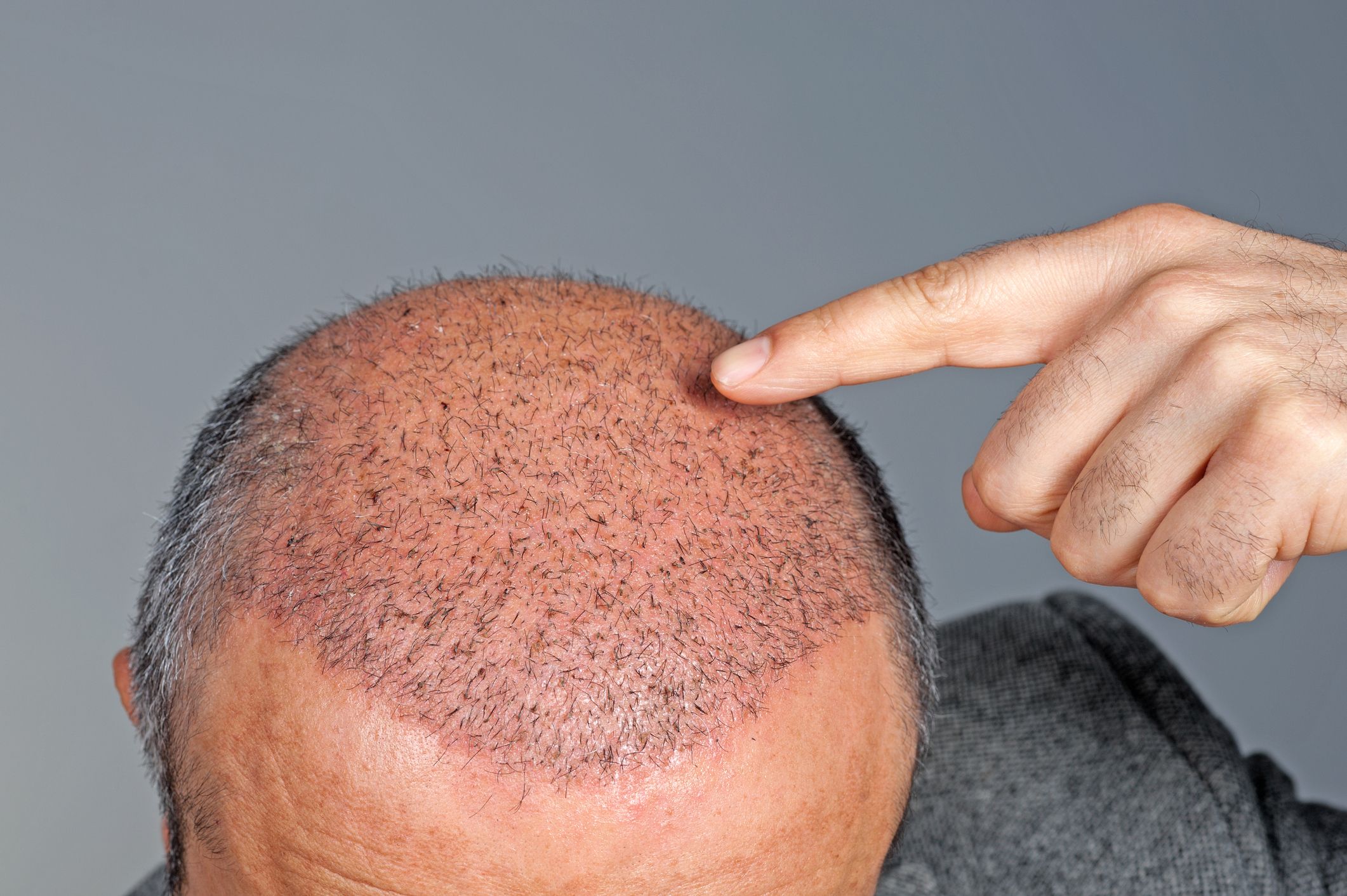Does Transplanted Hair Grows Slower ?
Hair loss can be a distressing experience for many individuals, leading them to explore various options to regain their lost locks. Hair transplantation has become an increasingly popular solution for restoring natural-looking hairlines and boosting self-confidence. However, a common concern among those considering hair transplants is whether transplanted hair grows slower than natural hair. In this blog, we will delve into this myth and uncover the truth behind the growth rate of transplanted hair.
Understanding Hair Growth
Before diving into the discussion, it’s essential to understand the fundamentals of hair growth. Hair growth occurs in distinct cycles, primarily consisting of three phases:
Anagen Phase: This is the active growth phase, during which hair follicles produce new hair strands. The duration of the anagen phase varies from person to person and can last anywhere from two to six years.
Catagen Phase: This is a transitional phase where hair growth slows down, and the hair follicle shrinks. This phase typically lasts for a few weeks.
Telogen Phase: In this resting phase, the hair follicle remains inactive for several weeks to several months. Eventually, the old hair falls out, making way for new hair to grow.
It’s crucial to note that not all hair on your scalp is in the same phase at the same time. Therefore, when discussing the growth rate of transplanted hair, it’s essential to consider these natural hair growth cycles.
Transplanted Hair Growth
Contrary to the common misconception that transplanted hair grows slower, the growth rate of transplanted hair is quite similar to that of natural hair. This is because hair transplantation involves the relocation of healthy hair follicles from one part of the body (usually the back of the head, which is resistant to hair loss) to the areas with thinning or no hair.
The transplanted hair follicles retain their natural growth characteristics, including the growth cycle and rate. As a result, once the transplanted hair establishes itself, it will undergo the same anagen, catagen, and telogen phases as the surrounding natural hair.

Factors Affecting Transplanted Hair Growth
While the growth rate of transplanted hair is generally consistent with that of natural hair, several factors can influence how well the transplanted hair thrives:
Surgeon Skill: The skill and experience of the hair transplant surgeon play a significant role in determining the success of the procedure. An experienced surgeon can ensure that the transplanted follicles are placed correctly and at the right depth, promoting optimal growth.
Post-Operative Care: Following the transplant, proper care is crucial to support hair growth. Patients should adhere to the post-operative instructions provided by their surgeon, including avoiding strenuous activities and taking prescribed medications.
Patient’s Health: The overall health of the patient can impact the success of hair transplantation. Factors such as nutrition, stress levels, and underlying medical conditions can affect hair growth.
Genetic Factors: The patient’s genetic predisposition to hair loss can influence the long-term results of hair transplantation. If hair loss continues in other areas, additional procedures may be needed to maintain a consistent appearance.
Age: Age can also play a role in hair transplant outcomes. Younger individuals tend to have better success as their hair loss may not have progressed as much, and they often have healthier hair follicles.
Conclusion
In conclusion, the myth that transplanted hair grows slower than natural hair is just that—a myth. Transplanted hair, once established, follows the same growth cycle as natural hair and grows at a similar rate. The key to a successful hair transplant lies in the expertise of the surgeon, proper post-operative care, and maintaining overall health.
If you’re considering a hair transplant to combat hair loss, it’s essential to consult with a qualified and experienced surgeon who can assess your unique situation and provide you with realistic expectations. With the right approach and care, a hair transplant can be an effective solution to help you regain your confidence and a full head of hair. Remember that results may vary from person to person, but rest assured that transplanted hair has the potential to grow just as robustly as your natural hair.
If you’re considering a natural hair transplant, be sure to talk to iGraft doctor to learn more about the procedure and its benefits.
What's your reaction?
Excited
1
Happy
1
In Love
1
Not Sure
1
Silly
1










